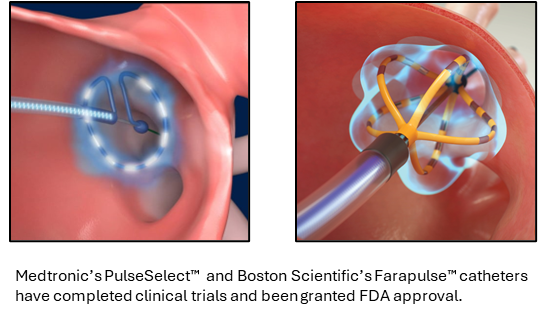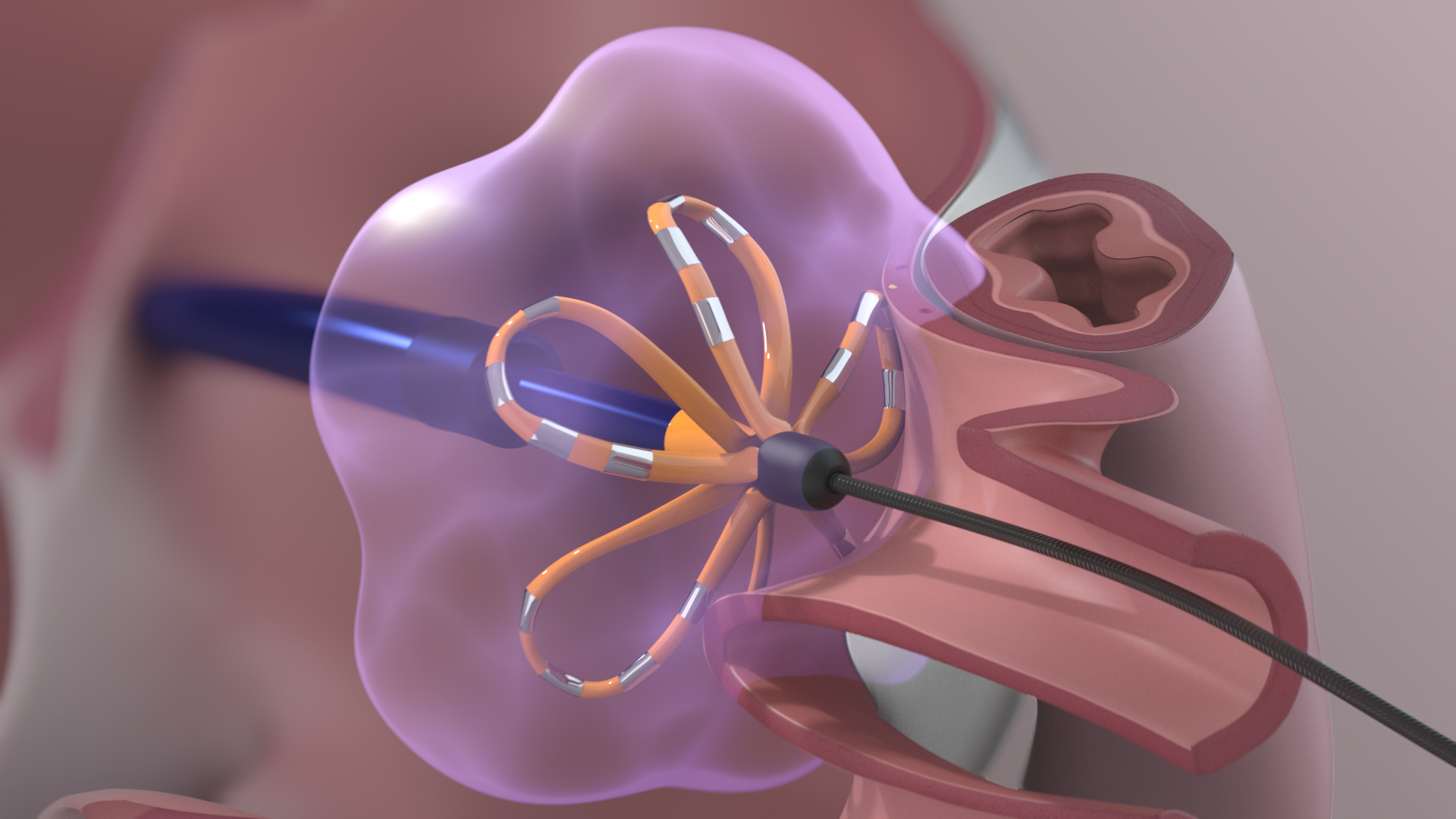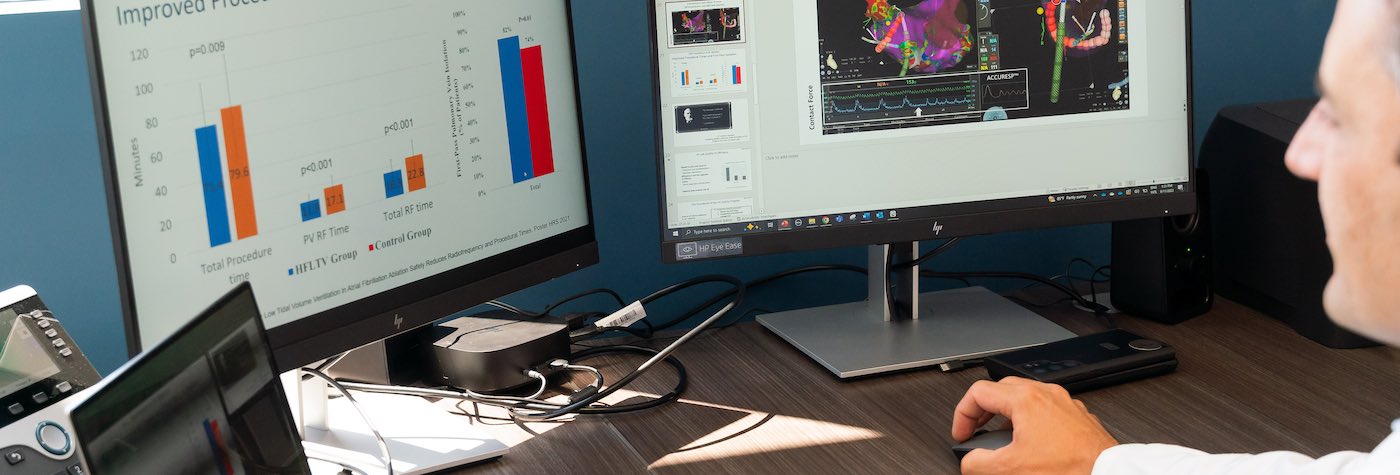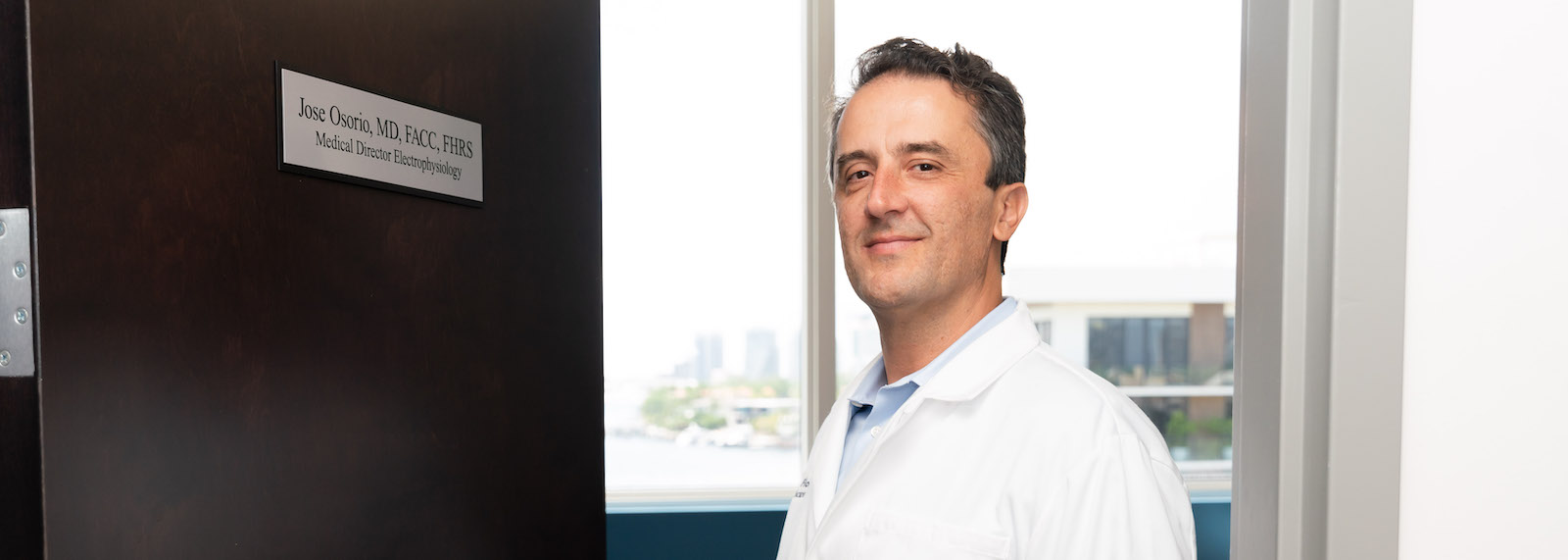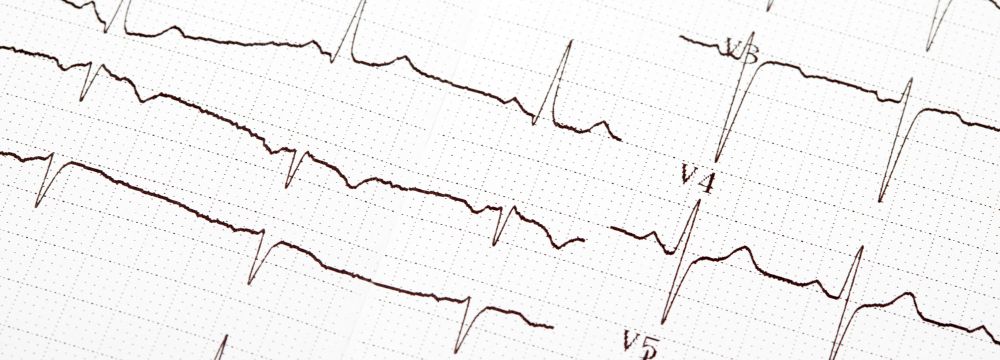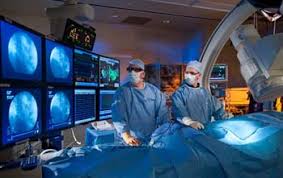Afib Ablation
What are the symptoms of Afib?
What does a pilot, a teacher, a student, a nurse, a father, and an account have in common?
Atrial Fibrillation
What you have never heard of it? Atrial fibrillation, sometimes abbreviated to Afib can change an individual’s life without notice. Some of our patient’s can tell when they are in atrial fibrillation (Afib) or “out of rhythm” & some are asymptomatic.
Some of the most common symptoms reported are:
- fluttering in the chest
- skipped or irregular heart beats
- heart racing
- palpitations
- chest pain or pressure
- anxiety
- shortness of breath with or without activity
- and most commonly fatigue.
Many of our patients have no symptoms at all. They may report being tired all the time, but explain it away with their age or lack of sleep. These patients are often at a loss for an explanation as to why they start taking naps or lack energy to complete activities of daily living. These patients are likely diagnosed by a routine EKG at a doctor’s office or during monitoring by anesthesia staff during an elective procedure. This is usually a patient’s first introduction to atrial fibrillation (Afib).
Atrial fibrillation itself is not dangerous or an emergency. During an atrial fibrillation (Afib) episode the top chambers of the heart called the atria beat so fast that they actually “quiver” instead of pump. When this happens the blood is not pumped effectively and can pool in the heart. This can lead to the formation of blood clots, and possibly cause a stroke (CVA) or “mini” stroke (TIA). Unfortunately some people are only diagnosed after they have had a stroke. Strokes caused by atrial fibrillation (Afib) can be prevented and atrial fibrillation (Afib) can be treated. Doctors that specialize in rhythm problems like atrial fibrillation (Afib) are called electophysiologists (EP). Electrophysiologists (EP) are cardiologists that focus on the electrical system of your heart.
With advances in medications your electrophysiologist (EP) can treat you for you atrial fibrillation (Afib). There are medications that are designed to control a patient’s heart rate and/or rhythm. There are also newer blood thinners that can prevent blood clots and thus prevent strokes as well. And with advances in technology your electrophysiologist (EP) can discuss all your treatment options with you & your family. To see if an ablation to treat your atrial fibrillation (Afib) is the best plan for you call and make an appointment today. If you have any of these symptoms or feel that you might have atrial fibrillation (Afib) it is important that you get diagnosed. An electrocardiogram (ECG or EKG) or a patch monitor can be an easy way for you to determine if you might have atrial fibrillation (Afib). The sooner you can get diagnosed and treated the sooner you can return to your life and spend more time doing what you love most.
Dr Jose Osorio
Miami, FL
Read More About Afib:




